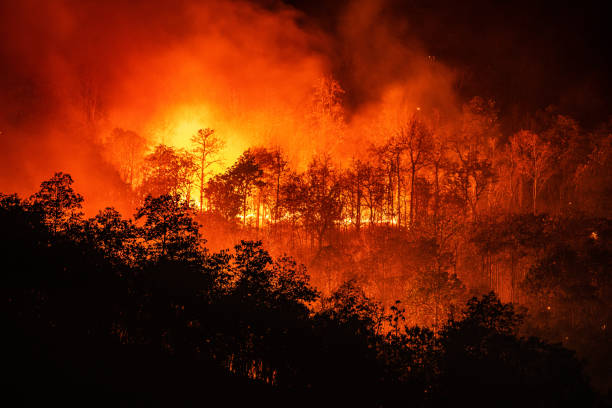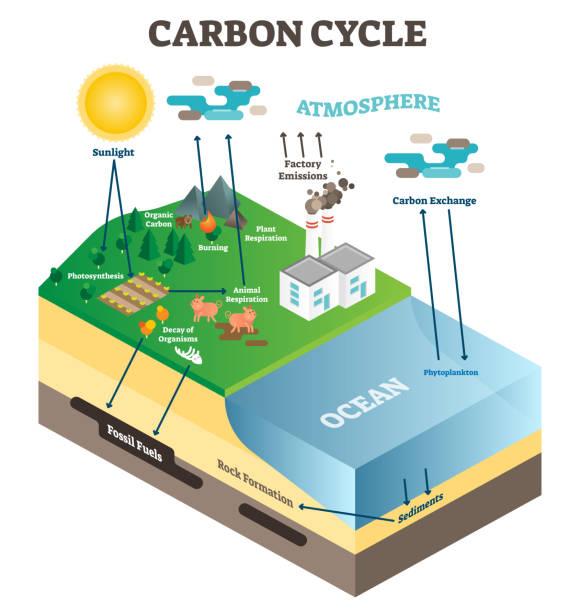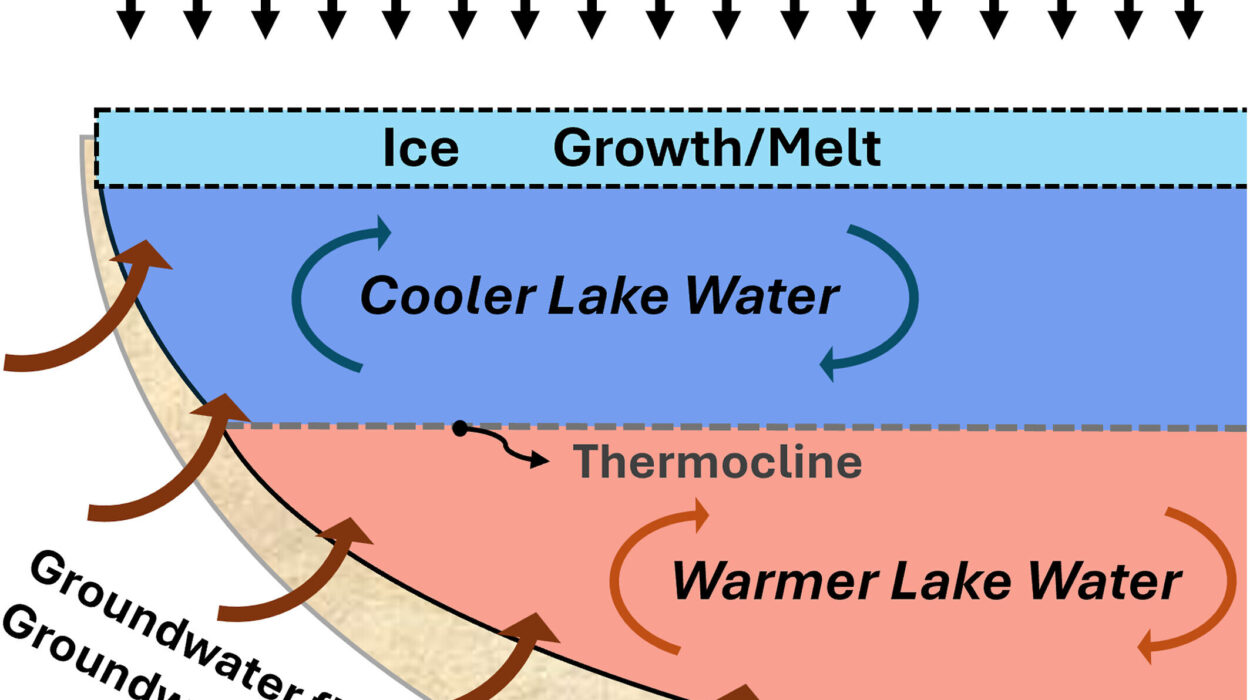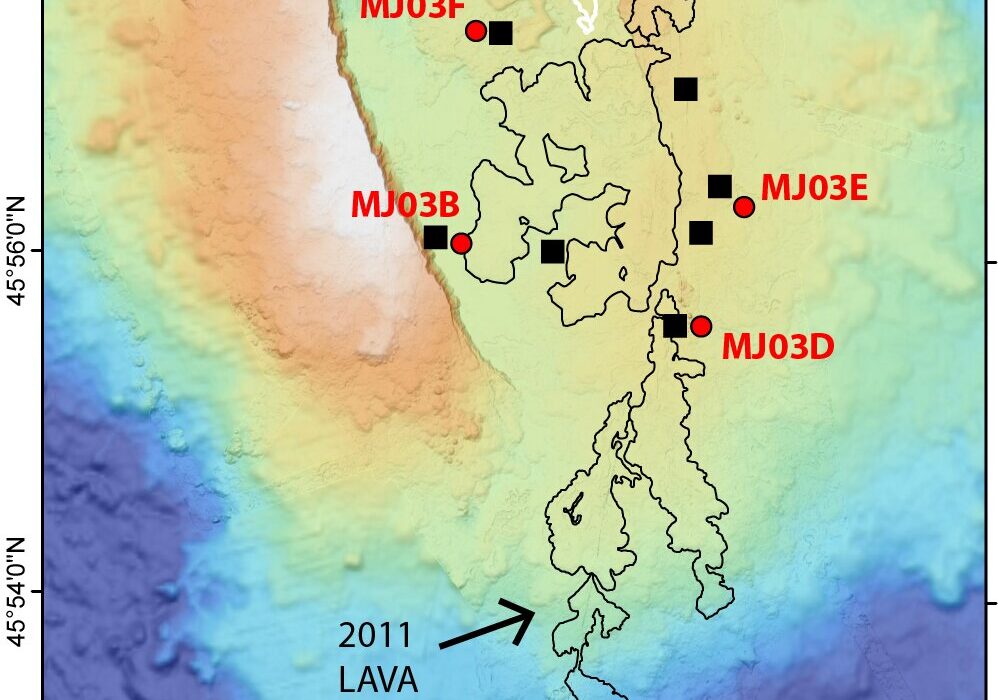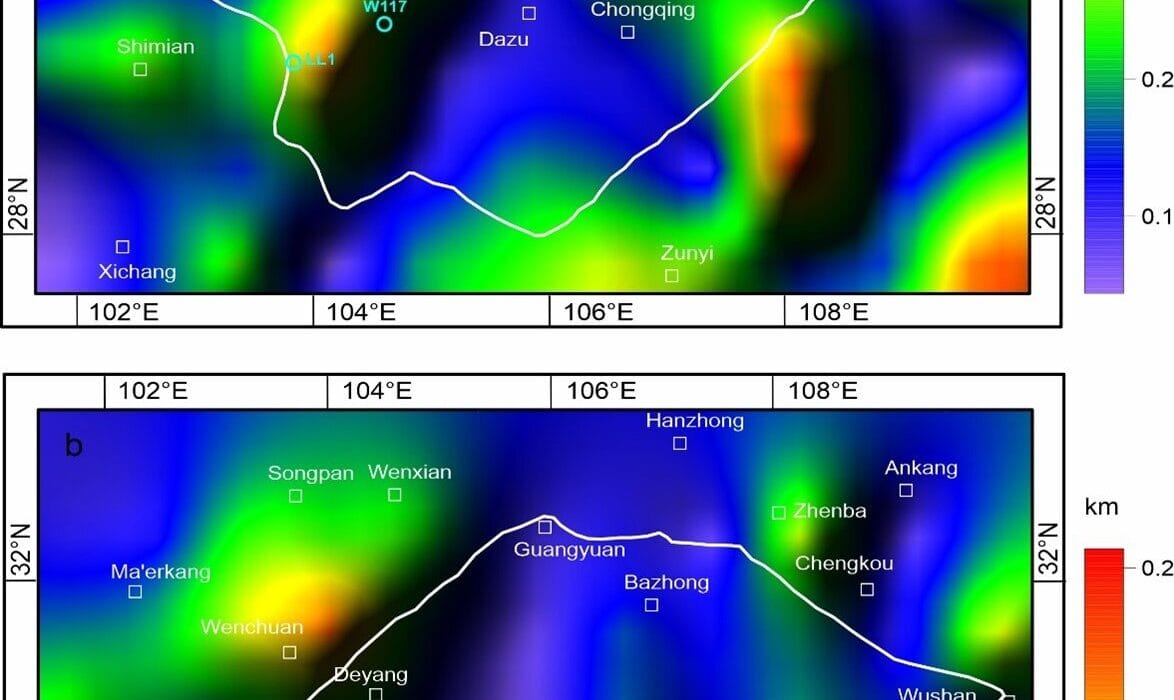The year 2024 was the hottest in recorded history. The ground cracked, forests burned, and the air shimmered with invisible heat that seeped into lungs and hearts. It was a year that tested humanity’s resilience—and found it wanting. Behind the headlines of heatwaves and wildfires lies a deeper tragedy: the growing toll of climate change on human health.
The Lancet Countdown on Health and Climate Change, in its 9th annual indicator report, has unveiled a stark truth—our dependence on fossil fuels is now costing not just our planet’s future but human lives at an unprecedented scale. The findings, produced by 128 leading experts from 71 institutions and UN agencies, form the most comprehensive global assessment yet of the intersection between climate and health.
Their message is unmistakable: the failure to transition away from fossil fuels and adapt to a rapidly warming planet is exacting a devastating price in deaths, disease, and lost livelihoods. The health emergency is no longer a prediction—it is our lived reality.
The Human Cost of a Heating World
The numbers tell a harrowing story. Heat-related deaths have surged by 23% since the 1990s, claiming 546,000 lives each year. Air pollution from burning fossil fuels contributes to 2.5 million deaths annually. In 2024 alone, smoke from wildfires choked communities across continents, linked to a record 154,000 deaths.
But behind each statistic lies a human face: the elderly man collapsing under relentless heat in an uncooled city apartment; the child wheezing through haze from distant fires; the farmer watching crops fail under drought’s unyielding grip. Climate change, once seen as an environmental issue, has become a public health crisis of planetary scale.
According to the report, the average person in 2024 endured 16 additional days of dangerous heat directly attributable to climate change. For the most vulnerable—the very young and the elderly—the number rose to 20 days. These figures represent increases of 389% and 304%, respectively, compared with late 20th-century averages.
Extreme heat not only kills through heatstroke but also worsens cardiovascular and respiratory diseases, strains emergency services, and undermines mental health. The cost in lost productivity is staggering: 639 billion potential labor hours vanished in 2024, equivalent to an income loss of over 1 trillion U.S. dollars.
Air Pollution: The Silent Killer
If heatwaves are the most visible manifestation of climate change, air pollution is its silent assassin. Despite decades of scientific warnings, over 2 billion people still rely on polluting fuels—wood, coal, kerosene—for cooking and heating. This reliance on dirty energy kills 2.3 million people each year, most of them in low-income nations with limited access to clean energy.
Fossil fuel combustion, in homes and industries alike, remains the leading source of fine particulate pollution (PM2.5)—microscopic particles that penetrate deep into lungs and bloodstream. These particles are linked to heart disease, stroke, cancer, and premature death.
As the Lancet report notes, political and economic inertia sustains this deadly system. In 2023, global governments spent 956 billion U.S. dollars on net fossil fuel subsidies—nearly one trillion dollars invested in pollution, while only a fraction of that was directed toward helping vulnerable nations adapt to climate impacts. In fifteen major emitting countries, fossil fuel subsidies actually exceeded their national health budgets.
The contradiction is both tragic and absurd: in propping up an energy model that poisons the air, nations are simultaneously burdening the very health systems that must treat its victims.
The Rising Tide of Disease
The warming planet is not only intensifying heatwaves and wildfires but also reshaping the geography of infectious disease. Dengue fever—a mosquito-borne illness once confined to the tropics—has seen its global transmission potential rise by up to 49% since the 1950s. As temperatures climb, disease-carrying insects are expanding their range, invading new latitudes and altitudes where populations lack immunity.
Infectious diseases are just one part of a larger cascade of health harms. Droughts and crop failures are deepening food insecurity. In 2023, 123 million more people faced moderate or severe hunger compared with the late 20th-century average. Malnutrition, in turn, weakens immune systems and exacerbates poverty—a vicious cycle linking environmental instability to human suffering.
Unhealthy, carbon-intensive diets compound the problem. In 2022 alone, 11.8 million diet-related deaths were attributed to unhealthy eating patterns that also drive deforestation and emissions. The report argues that shifting to plant-rich, climate-friendly diets could prevent millions of deaths annually while mitigating global warming.
Economic and Social Strain
The economic costs of climate inaction are now measurable in trillions. Labor losses from heat exposure, crop damage, disaster recovery, and health crises are eroding global GDP and straining public budgets. The Lancet report calculates that in 2024, heat-related deaths among people over 65 alone cost society 261 billion dollars in lost productivity and healthcare expenses.
Meanwhile, nations continue to spend vast sums sustaining fossil fuel industries whose very existence undermines their economies in the long term. Private banks remain complicit, investing over 611 billion U.S. dollars in fossil fuel projects in 2024—29% more than in the previous year. Their lending to the green sector lagged behind by 15%, revealing a financial system still anchored in the past.
Forests, Earth’s natural carbon sinks, are also disappearing at alarming rates. In 2023, deforestation surged by 24%, destroying 128 million hectares of forest—land that once absorbed carbon, filtered air, and stabilized climates. Every hectare lost pushes humanity further from its climate goals, and deeper into ecological debt.
The Politics of Delay
The most distressing revelation of the Lancet Countdown is not only the magnitude of climate-related suffering but the political backsliding that enables it. Some world leaders, facing economic and ideological pressures, are retreating from climate commitments just as scientific urgency reaches its peak.
The world’s 100 largest fossil fuel companies, emboldened by record profits and weak regulations, have expanded production plans that would overshoot the 1.5°C target by nearly threefold by 2040. This expansion effectively locks in decades of future emissions, pushing the planet toward irreversible tipping points—melting ice caps, collapsing ecosystems, and surging sea levels.
Professor Nadia Ameli of the Lancet Countdown warns that continued fossil fuel dependence will soon overwhelm health systems and disaster response capacities. “If we remain locked into fossil fuel dependence,” she cautioned, “the health and lives of the world’s eight billion people will be further at risk.”
The most vulnerable nations—those least responsible for emissions—are paying the highest price. Low-income countries derive just 3.5% of their electricity from clean renewables, compared with 13.3% in wealthier nations. In these regions, 88% of households still depend on polluting biomass for cooking and heating. Climate justice, therefore, is not an abstract slogan but a matter of survival.
The Seeds of Hope
Yet amidst the bleak statistics, the Lancet report also offers a glimmer of hope. Local governments, communities, and health professionals around the world are stepping into the leadership void left by faltering national commitments.
Over 834 cities have completed or begun climate risk assessments, integrating health considerations into urban planning. The global health sector itself has reduced its greenhouse gas emissions by 16% between 2021 and 2022. Nearly two-thirds of medical students worldwide now receive education in climate and health, preparing a generation of doctors who understand that protecting patients increasingly means protecting the planet.
The energy transition is gathering momentum. Renewable energy generation reached record highs, accounting for 12% of global electricity in 2022. Clean energy jobs now employ over 16 million people—a rise of 18% in a single year. Each wind turbine, each solar farm, each electric bus represents more than infrastructure—it is an act of collective resistance against planetary decline.
The benefits of these efforts are tangible. Shifts away from coal have already prevented an estimated 160,000 premature deaths annually between 2010 and 2022 due to cleaner air. Each life saved is proof that the solutions work—if only they are scaled up with urgency.
A Health-Centered Vision for the Future
The Lancet Countdown frames climate action not merely as an environmental or economic necessity, but as the greatest health opportunity of the 21st century.
Phasing out fossil fuels would simultaneously slow climate change, reduce pollution-related diseases, and strengthen health systems. Transitioning to cleaner diets could prevent millions of premature deaths each year while restoring ecosystems. Expanding renewable energy access would lift millions out of energy poverty, improving education, nutrition, and gender equality.
As Professor Tafadzwa Mahbhaudi of the Lancet Countdown Africa explained, “Climate change action remains one of the greatest health opportunities of our time—driving development, spurring innovation, and reducing poverty.”
The key, however, lies in acceleration. The report’s authors call for “all hands on deck”—a coordinated mobilization of governments, industries, and citizens to deliver rapid decarbonization and climate adaptation.
Science, Solidarity, and Survival
Dr. Marina Romanello, Executive Director of the Lancet Countdown, summarized the situation bluntly: “This year’s health stocktake paints a bleak picture of devastating harms from heat, extreme weather, and pollution. The destruction to lives and livelihoods will escalate until we end our fossil fuel addiction.”
Yet she also emphasized that the tools for transformation already exist. Clean energy technologies are cheaper and more efficient than ever. Sustainable agriculture can feed billions without ravaging ecosystems. Urban redesign can cool cities and save lives. What is lacking is not knowledge, but collective will.
The future, then, hinges on a moral and political awakening—an understanding that protecting public health is inseparable from protecting the planet. Climate change is not a distant threat; it is the defining health emergency of our century.
The Price of Inaction, the Promise of Change
After nine years of global monitoring, the message of The Lancet Countdown has never been clearer: humanity is running out of time. The costs of inaction—measured in heat deaths, disease, hunger, and lost livelihoods—are accelerating faster than the world’s responses. Each year of delay deepens inequities and erodes the foundations of human well-being.
But the report also reveals something more enduring: resilience. Across continents, communities are proving that change is possible—that cleaner air, sustainable energy, and healthier lives are within reach.
If the 21st century is to be remembered not as the era of collapse but of renewal, the transformation must begin now. Fossil fuel subsidies must be redirected to health and clean energy. Governments must treat climate adaptation as a moral imperative. Citizens must demand accountability—and act in their own lives, from the energy they consume to the food they eat.
As Professor Anthony Costello, Co-Chair of the Lancet Countdown, warned, “As some leaders uphold an unsustainable, unhealthy, and unlivable status quo, people are paying the ultimate price. We must build on the momentum of local action to deliver an equitable, just transition.”
More information: The 2025 report of the Lancet Countdown on health and climate change, The Lancet (2025). DOI: 10.1016/S0140-6736(25)01919-1
